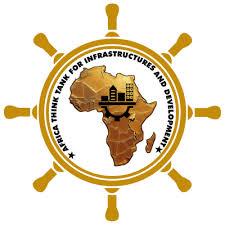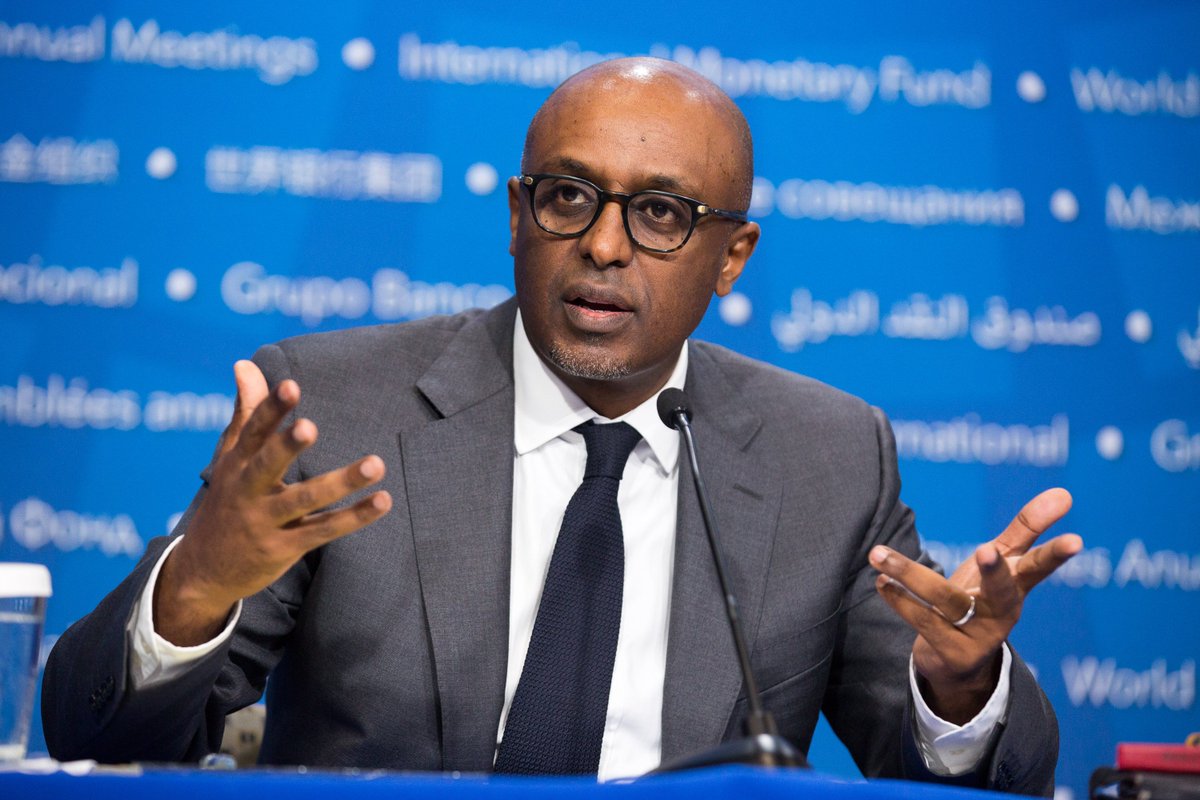Africa is confronting a financial strain that threatens its growth prospects, as governments channel scarce revenues into debt servicing while critical infrastructure remains underfunded. Experts estimate that the continent faces an annual infrastructure financing gap of up to $170 billion, yet the rising cost of debt is diverting funds away from development priorities.
A new study by the Boston University Global Development Policy Center and the Institute for Economic Justice shows that debt servicing in Africa has climbed to its highest point since the debt crisis of the early 2000s. Alarmingly, more than half of African governments now allocate more money to interest payments than to public healthcare, exposing the extent of fiscal pressure on already stretched budgets.
The African Development Bank (AfDB), in its 2025 African Economic Outlook, paints an even starker picture. It projects that Nigeria will commit 75 percent of its government revenues to interest payments this year, a sign of a crushing debt burden despite the country maintaining a relatively modest debt-to-GDP ratio. Other countries may not be far behind, as debt profiles remain fragile.
While many African nations benefited from a decline in debt levels between 2022 and 2023 due to favourable interest-growth conditions, the AfDB warns that these gains could prove temporary. Any slowdown in economic growth or a rise in global interest rates could quickly reverse the progress, leaving governments with little fiscal space to invest in infrastructure, education, or health.
AfDB president Akinwumi Adesina stressed that while concessional financing and debt restructuring are important measures, they are insufficient on their own. He highlighted the urgency of tackling corruption and illicit financial flows, which continue to drain billions from African economies. According to him, stopping these leakages is the most critical step towards reducing reliance on borrowing and building a sustainable financial future.
This growing debt-service burden not only undermines Africa’s development goals but also limits opportunities for private sector growth, job creation, and the expansion of small and medium-sized enterprises, which form the backbone of the continent’s economy. Without decisive reforms, analysts warn that Africa risks remaining trapped in a cycle of borrowing to meet immediate needs while sacrificing long-term investments required to drive inclusive growth.










